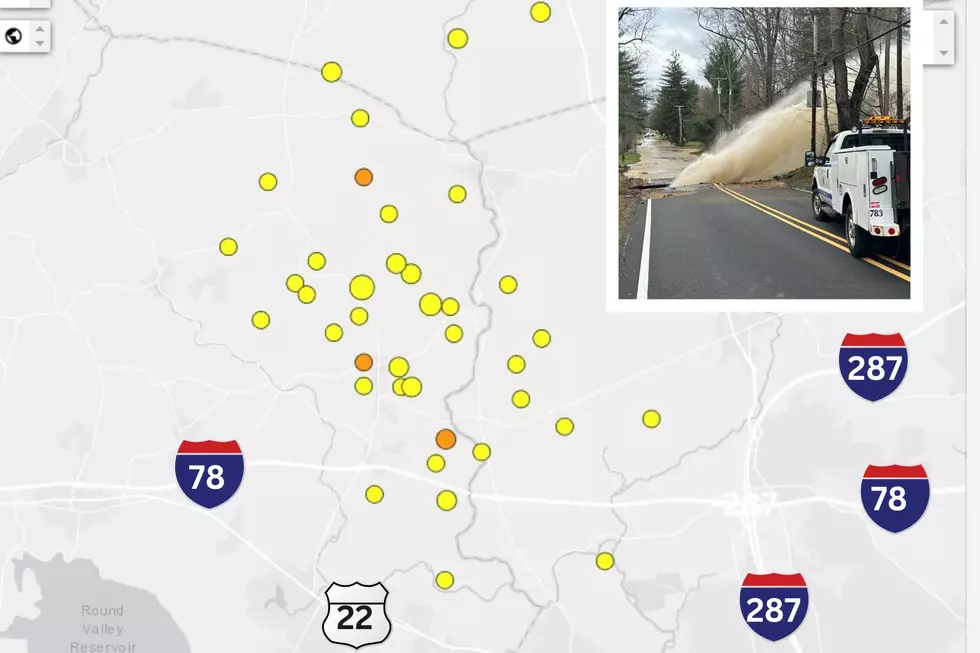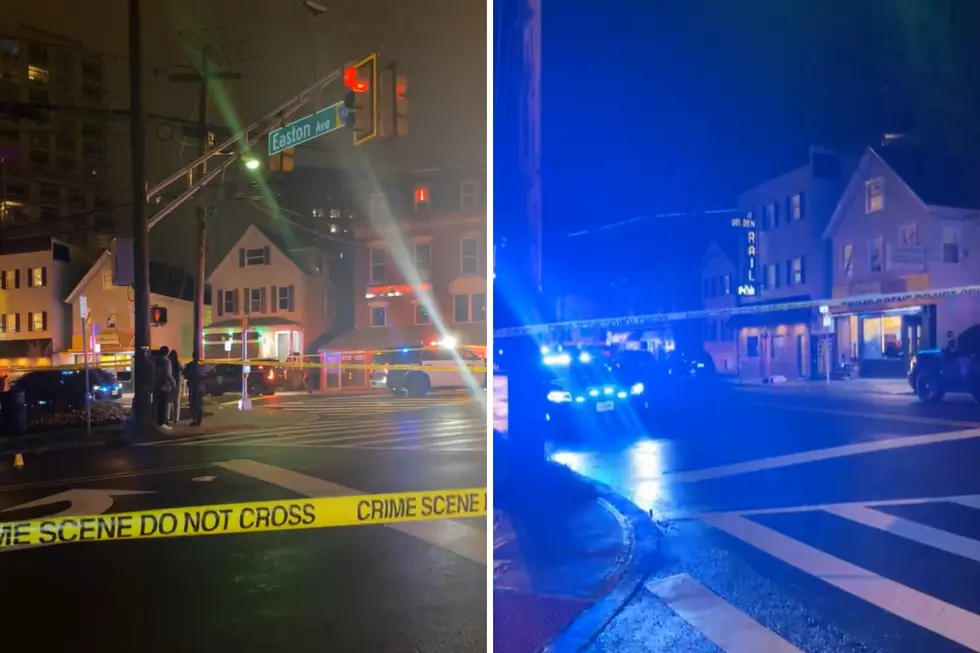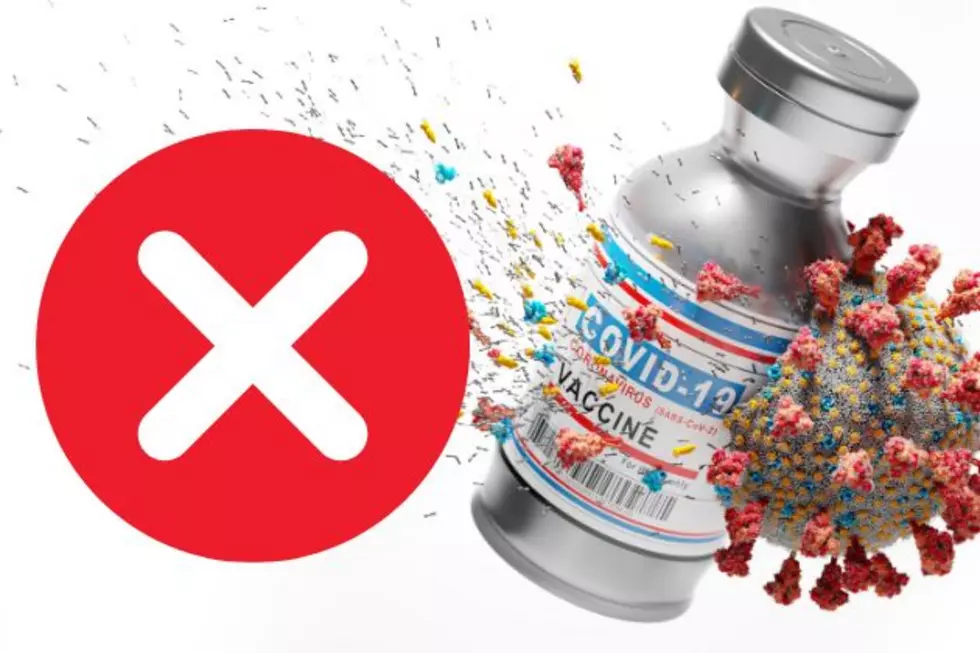
Watch what you say! Rutgers warns ‘microaggressions’ can cause major hurt
No offense, but ... maybe you shouldn't speak at all.
Rutgers University is telling its students their careless words may cause others "serious anxiety and depression" and put them at risk for illness and "a decreased immune system."
The New Jersey state university's Center for Social Justice Education and LGBT Communities has a program called "Microaggression: The big impact of 'the little things'" as part of the school's Language Matters campaign.
The message of the program, started two years ago, is that some phrases and words, such as "retarded," "that's gay," "you don't sound black" and "that's so ghetto," can be offensive, even if the speaker never intended harm.
The program explains that a "microagression is generally unintentional and not hateful in intent. However, regardless of intent, it still makes an impact."
A handmade poster promoting the campaign was spotted recently in the College Avenue Apartments urging student residents to "think" and ask if what they are saying is "helpful, "necessary" or "kind," according to Campus Reform, a conservative website that's often critical of "politically correct" trends in higher education.
Similar criticism was heaped on Princeton University's human resources department last month after a four-page memo spelling out a more gender-inclusive language policy came to light. The policy eliminated the use of nearly 40 words and common phrases that included “man” or differentiate gender, such as "mailman," "layman" and "mankind."
Rutgers spokesman E.J. Miranda said Friday, however, that "students have been receptive to the goals" of Language Matters.
He said the program "is offered by request as an educational workshop and information is provided on the website of the Center for Social Justice Education and LGBT Communities."
Miranda said a resident assistant posted the information. "Within the framework of educational, informational and community service communications, resident assistants have discretion as to what messages they wish to post on bulletin boards in student housing," Miranda said.
The presentation said there are three forms of microagressions:
- Microassault: "More conscious than any other form and is intended to hurt, intimidate and make the victim feel unwelcome/unworthy." An example is telling or laughing at a "bigoted joke."
- Microinsult: "Subtle but has an insensitive hidden message that demeans a person's identity group." A comment like "You're strong for a girl" or "assuming Asian people are good at math" are examples.
- Microinvalidation: "Not committed consciously. Invalidates and denies the realities and experiences of the victim and assumes that everyone's experiences are/should be the same." An example is "asking an Asian or Latino person where they're from" or the comment "you're not a real (blank)."
Miranda said everyone at the university has "the right to free speech and free expression."
"We encourage open discourse in an atmosphere of civility and mutual respect. This commitment to free expression and academic freedom has been affirmed by the president," Miranda said.
More From New Jersey 101.5 FM









